By Peter Anti Partey
Institute for Education Studies (IFEST, Accra – Ghana)
According to the UNESCO Institute of Statistics (UIS), Sub-Saharan Africa (SSA) is considered to have low learning proficiency. SSA at the same time has the highest rates of education exclusion (UIS, 2019), that is, more than 20 percent of children between ages of about 6 and 11 are out of school, with about 33% of those between 12 and 14 also not in school. Again, UIS data put the percent of the youth who are not in school in this region at 60%. In terms of gender, the exclusion rate for girls (36%) is 4% more than boys (32%). In terms of literacy rate, the region has seen a marginal increase of .53% to the current level of 65.58 (UIS, 2018) which is still low when compared to the world average of 86.3%. these few statistics paint a picture of the urgency to improve the educational system in this region.
However, the advent of Covid-19 seems to have worsened the state of global education but the hardest hit will be regions with less robust educational systems such as Sub-Saharan Africa. Robust educational systems are identified by their levels of literacy and numeracy rates which can be used to predict the future human capital of the country. According to the World Bank, the effect of Covid-19 on education could be felt for decades to come. They reiterate the fact that the impact transcends learning loss which is a short-term issue to a more long-term issue of diminishing economic opportunities.
This challenge of learning poverty brought about as a result of the continued closure of schools should engage governments and education ministries in the region. Unlike the developed world where mitigation measures such as e-learning helped to ensure continuity of education of students, the adoption of the same rather seems to have widened the inequality gap in the region. This is partly attributed to the extent of the digital divide in the region and also the level of disparities between the urban and the rural child. The level of investment of African governments into education which according to the African Economic Outlook (2020) stands at 5% of GDP which is also the second-highest of any region should yield the relevant returns. Unfortunately, that has not been the case and with Covid-19 coming into the picture, we are not going to have any tangible benefits any time soon if drastic and innovative policies are not pursued within the shortest possible time.
To start with, governments and the managers of education in the region should embark on educational system transformation. There should be a conscious effort to improve learning outcomes and make learning relevant to the student. This implies taking a second look at the entire school curriculum. It is time for governments in the region to use the school system to prepare the students to be able to contribute to the economic development of the country and also be competitive globally, this requires a complete overhaul of the school curriculum to reflect the needs and aspirations of the society in the 21st Century and beyond. Ghana has taken the lead in this direction.
Again, educational policies in this region are more exclusive than inclusive. An inclusive education policy allows all children to develop and succeed especially those with special needs. One of the strategic measures needed to be taken by governments in the region is inclusive education. Students should not be denied basic educational resources due to their location, socio-economic status, family background, or physical or psychological deficiencies.
Furthermore, to be able to bridge the learning gap and ensure that teachers are up to speed with the level of learning loss of their students, assessment techniques that are more informative and ipsative should be adopted by educational authorities and implemented in schools. In my professional opinion, countries in the region should have a nationwide assessment during the early weeks of reopening for the basic and secondary level to inform various education decisions (instructional, pedagogical, etc.) at all levels from the teacher to the ministry in charge of education.
The efficient and effective use of instructional time is a big issue in the region. Maximisation of contact time when schools are officially opened should be given the needed attention. Research has shown that there is always a discrepancy between actual and intended instructional times due to teacher absenteeism, breaks, lack of textbooks which results in teachers writing comprehensive notes on boards for students, etc. According to the Human Capital Index (2018), children in Ghana spend 2.7 years more in school than a child born in Sierra Leone if they all begin school at age 4. However, 5.9 years of the child in Ghana’s education life can be described as being “a waste”, implying that, the child learns for only 5.7 years out of the total 11.6 years spent in school. In the case of a child in Sierra Leone, 4.4 years can be termed as “wasted years” in the child’s education while learning occurs only 4.5 years. This is unacceptable and if governments in SSA would be able to make strides in their education after Covid-19, there is a need to eliminate the ineffective usage of instructional time.
Another important measure that needs attention is the capacity building of teachers. Covid-19 has exposed the inadequacies in our teacher preparation and continuing professional development programmes. Most teachers in the region are not technologically savvy making it difficult for the smooth implementation of e-learning and EdTech programmes and policies. The lack of or inadequacy of knowledge in using modern technology to deliver education should be tackled head-on from pre-service and in-service teachers’ levels. Teacher preparation at our tertiary level should encompass the use of technology in delivering education. Again, workshops, training programmes, and special courses should be organised for in-service teachers to upgrade their knowledge on e-learning systems and EdTech. Educational digital devices should be made available to all teachers during these training sessions.
In conclusion, it is worth noting that, Covid-19 has been a blessing in disguise and a wake-up call for the education system in Sub-Saharan Africa. It has exposed the robustness of our education to stand the test of time and revealed the inadequacies in our educational system when compared to other regions. It is solely our responsibility to face the challenges that the advent of Covid-19 presents and reset our educational system to respond to the needs and aspirations of our children and more importantly make it relevant and competitive in the global education sphere.
***The writer is into educational research and policy analysis. He is an education economist by profession and currently the Acting Executive Director of the Institute of Education Studies (IFEST), an education think tank in Ghana.
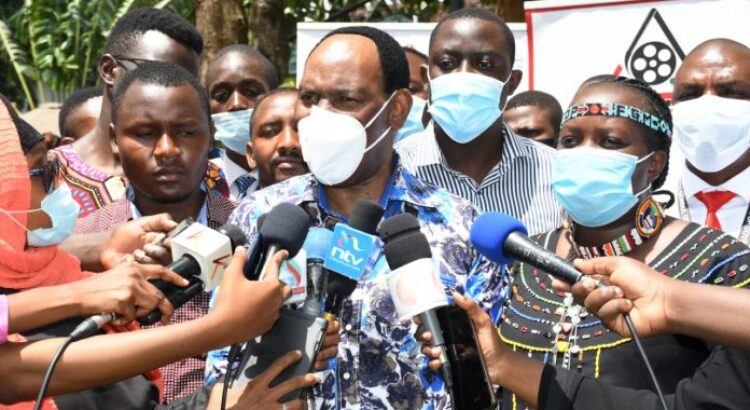

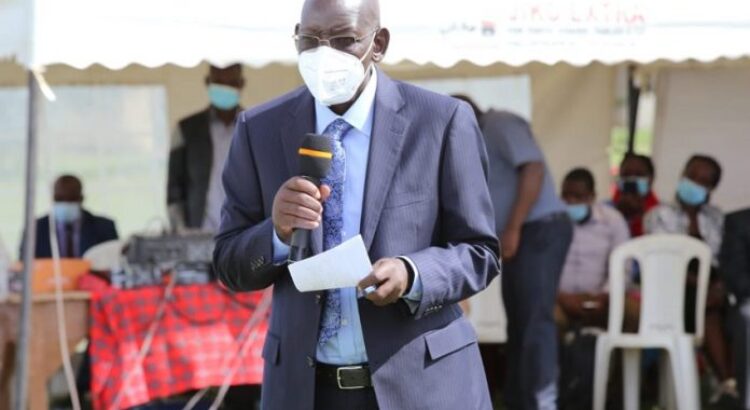
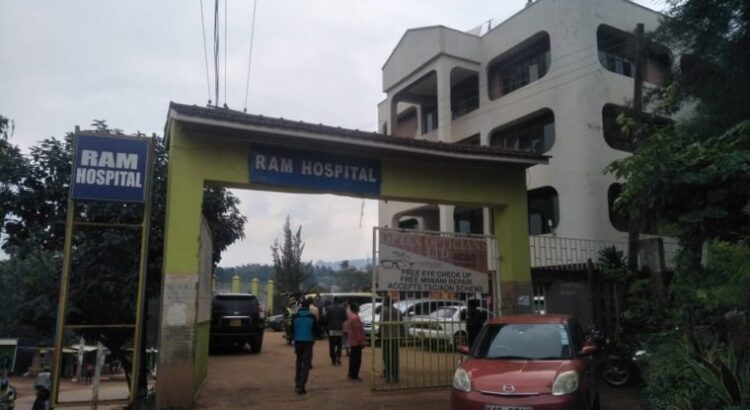
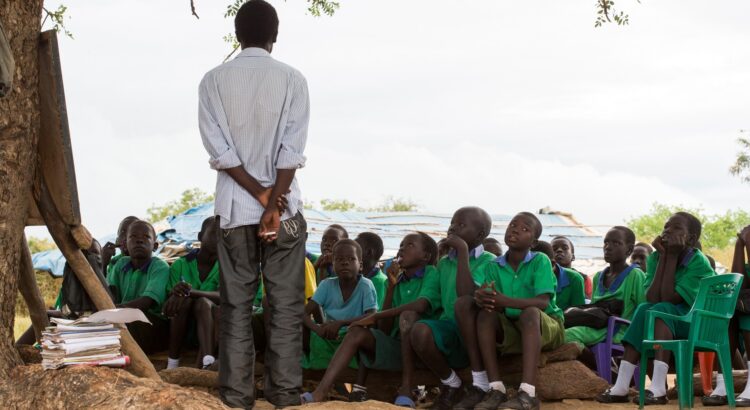
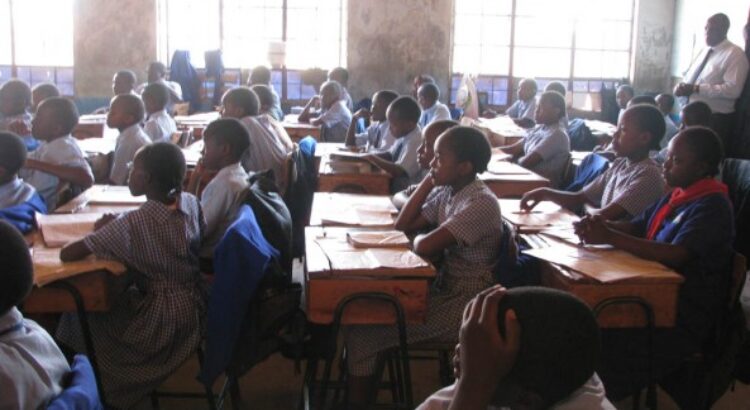
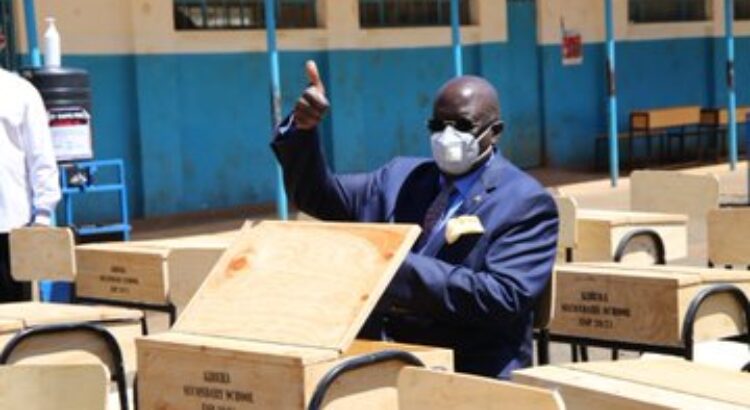





 Users Today : 10
Users Today : 10 Total Users : 35460363
Total Users : 35460363 Views Today : 13
Views Today : 13 Total views : 3419113
Total views : 3419113